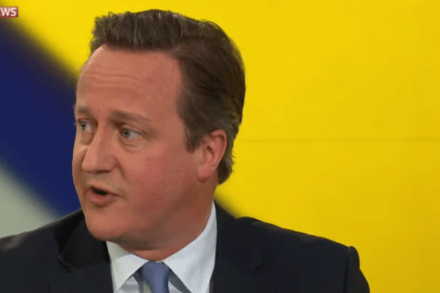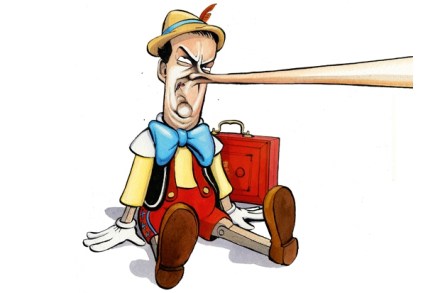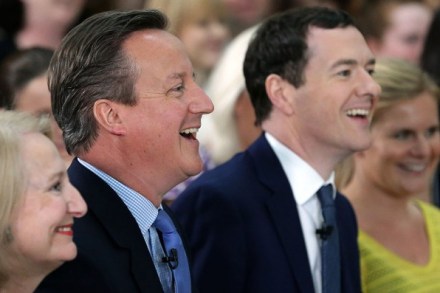Cameron keeps calm under immigration fire in first EU referendum show
In a feisty interview with Faisal Islam, David Cameron defended his pledge to cut immigration to the tens of thousands but wouldn’t put a date on when he would achieve it. Cameron argued that when the Eurozone economy recovered, he might be able to meet it. Now, this isn’t realistic. The problems with the Eurozone economy are structural and it is impossible to see how net migration could be reduced to the tens of thousands inside the EU; not that getting it down to the tens of thousands outside the EU would be easy—or even desirable. After the interview, came a series of questions from the audience. Cameron kept his



















